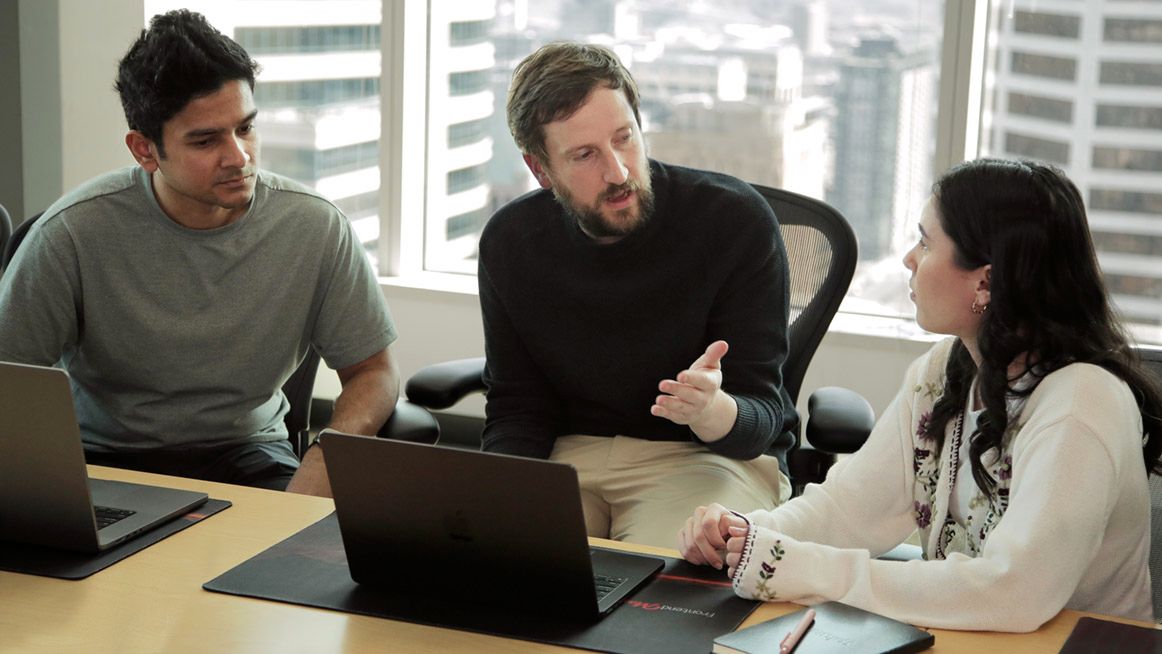Understanding High Ticket Closing
High ticket closing is a specialized skill in the sales industry, focusing on high-value products and services that often exceed thousands of dollars. Unlike standard sales, high ticket closing requires advanced negotiation, persuasion, and emotional intelligence to guide prospects toward making significant financial commitments. A high ticket closer must understand not only the product or service but also the psychology of the buyer, identifying pain points and positioning solutions in a compelling way. This role offers a unique blend of financial opportunity and career growth, as successful closers often earn six-figure incomes or more while working with premium clients. Mastery of high ticket closing opens doors to consistent commissions, long-term client relationships, and access to high-level networks. Many people assume high ticket sales are only for seasoned professionals, but the right training program can equip newcomers with the same skills in a fraction of the time. By understanding the foundations and mindset required, aspiring closers can confidently navigate complex sales conversations and deliver results.
Why Investing in a Training Program Matters
Buying a high ticket closer training program is an investment in both skill and confidence. Without structured guidance, many aspiring closers waste time learning through trial and error, which can lead to missed opportunities and frustration. A high-quality program accelerates learning by providing a clear framework, step-by-step strategies, and actionable techniques tailored to high-value sales. Training programs often cover essential topics such as objection handling, persuasive communication, and closing methodologies that are proven to increase conversion rates. Beyond practical skills, investing in professional training demonstrates a commitment to your career, building credibility with potential clients. Programs also offer access to mentors and industry professionals, giving learners the chance to receive feedback and refine their approach in real-world scenarios. By choosing to invest in a program, closers set themselves up for long-term success, saving time, money, and effort in the process.
Key Features to Look for in a High Ticket Closer Training Program
When evaluating a program, certain features can indicate its quality and effectiveness. A comprehensive curriculum should include advanced sales strategies, scripts for handling objections, and methods for building rapport with premium clients. Access to mentorship or coaching support is critical, as personalized feedback can identify weaknesses and accelerate skill development. Programs that incorporate live role-playing or practical exercises provide hands-on experience, allowing learners to practice techniques before applying them with actual clients. Additionally, access to sales templates, email sequences, and frameworks ensures that learners have actionable tools to implement immediately. Networking opportunities within a training program can connect you with like-minded professionals, creating valuable relationships that extend beyond the program itself. Choosing a program with these features ensures that you are not only learning theory but also gaining practical skills that translate into real-world results.
Comparing Online vs. In-Person Training Options
High ticket closer training programs are available in both online and in-person formats, each offering unique benefits. Online programs provide flexibility, allowing learners to study at their own pace and balance learning with other responsibilities. They often include video modules, interactive exercises, and virtual mentorship sessions, making it convenient for busy professionals. In-person programs, however, offer a hands-on learning experience that can be invaluable for practicing real-life scenarios and receiving immediate feedback. Networking opportunities are typically stronger in-person, giving participants the chance to build relationships with peers and industry leaders. Some hybrid programs combine the best of both worlds, offering online modules alongside live workshops. Choosing the right format depends on your learning style, availability, and career goals. Understanding the differences ensures that your training investment aligns with your personal and professional needs.
Measuring the ROI of Your Training Investment
The value of buying a high ticket closer training program extends far beyond the upfront cost. Measuring return on investment (ROI) involves assessing how the program improves your skills, confidence, and ability to close high-value deals. Metrics such as increased conversion rates, higher average deal size, and consistent client acquisition can demonstrate tangible returns. Training also provides long-term benefits, equipping closers with repeatable sales processes that scale over time. Beyond numbers, the confidence and professionalism gained through structured learning can open doors to premium opportunities and elite clients. A well-chosen program ensures that every dollar spent contributes directly to career growth and income potential. By evaluating these factors, aspiring closers can make informed decisions and maximize the impact of their training.
Tips for Choosing the Right Program
Selecting the ideal high ticket closer training program requires careful consideration of multiple factors. Start by researching the credentials and experience of the instructors, ensuring they have proven success in high ticket sales. Program reviews and testimonials can provide insight into the experiences of previous participants, helping you identify programs with strong reputations. It is also important to consider your learning style and schedule, choosing a program that allows for consistent engagement without overwhelming your commitments. Look for programs that offer practical exercises, mentorship, and actionable tools, rather than focusing solely on theory. Comparing costs and what each program offers ensures that your investment aligns with your goals. Prioritizing these elements increases the likelihood of choosing a program that delivers real-world results. Careful selection sets the foundation for faster learning, increased confidence, and higher earnings potential.
Common Misconceptions About High Ticket Closer Training
Many aspiring sales professionals have misconceptions about what it takes to succeed in high ticket closing. One common myth is that prior sales experience is necessary, when in reality, structured training can equip newcomers with the same skills as seasoned professionals. Another misconception is that high ticket sales are effortless, but the role requires practice, discipline, and a strategic approach. Some believe all training programs are the same, but the quality, mentorship, and resources vary significantly across providers. Understanding the mindset and effort required helps aspiring closers avoid unrealistic expectations and focus on developing core competencies. High ticket sales are achievable for those willing to invest time and effort in skill-building. Dispelling these misconceptions ensures a realistic approach and sets learners on a path to success.
FAQ
Q: How long does it take to become a high ticket closer?
A: The timeframe varies depending on the program, commitment level, and prior experience. Many programs provide structured learning paths that allow learners to start closing deals within a few weeks to a few months. Consistent practice and application of techniques accelerate results.
Q: Do I need prior sales experience to benefit from a training program?
A: No prior experience is required. High ticket closer training programs are designed to teach foundational skills, advanced techniques, and real-world strategies, making them suitable for both beginners and experienced sales professionals.
Q: Are there guarantees for job placement after completing the program?
A: Some programs may offer placement support or connections, but guarantees are rare. It’s important to evaluate programs based on mentorship, resources, and skill-building rather than job placement alone.
Q: Can online programs provide the same results as in-person training?
A: Yes, online programs can be highly effective, especially those with interactive modules, live mentorship, and practical exercises. Success depends on engagement and consistent practice, regardless of format.
Q: What is the average cost of a high ticket closer training program?
A: Costs vary widely, ranging from a few hundred to several thousand dollars, depending on program depth, mentorship access, and resources provided. Investing in quality training often pays off through increased closing rates and commissions.










